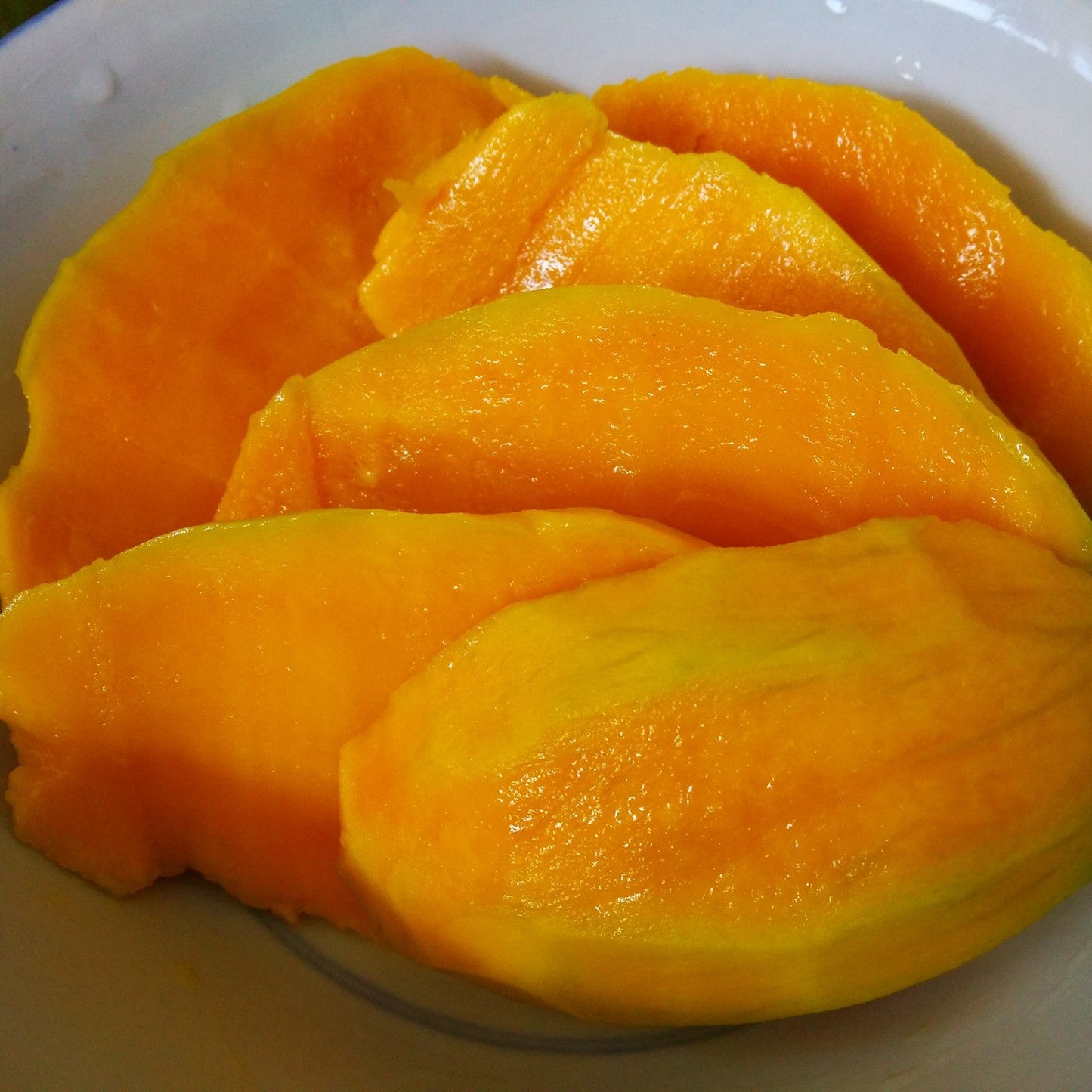Love it? Add to your wishlist
Your favorites, all in one place. Shop quickly and easily with the wishlist feature!
[message]
[title]
[message]





Veliyath Gardens
Couldn't load pickup availability
The Kuwini Mango, scientifically known as Mangifera odorata, is a tropical treasure that stands out for its remarkable fragrance, exquisite taste, and versatile health benefits. This fruit plant, native to Southeast Asia, embodies the perfect balance between beauty, nutrition, and cultural heritage. Its unique aroma, which can fill an entire hall, and its rich, sweet flavor make it an essential addition to any garden or orchard.
The Kuwini Mango is a powerhouse of nutrients, offering numerous health advantages that go beyond its delicious taste.
The Kuwini Mango’s rich flavor and fragrance make it a favorite in both traditional and modern cuisines.
Growing the Kuwini Mango is a rewarding experience for gardeners, thanks to its moderate maintenance requirements and adaptability.
To fully enjoy the Kuwini Mango's aroma and flavor, proper storage is essential.
The Kuwini Mango holds cultural importance in Southeast Asia, where it has been cherished for centuries.
The Kuwini Mango tree contributes to environmental health in several ways:
The Kuwini Mango is a remarkable fruit that brings together flavor, fragrance, and nutrition in one package. Its versatility in the kitchen, combined with its health benefits and cultural significance, makes it a must-have for fruit enthusiasts and gardeners alike. By growing this tree, you not only enjoy its delicious fruits but also contribute to environmental sustainability and cultural preservation. Make the Kuwini Mango a part of your life, and let its aromatic allure and tropical goodness enrich your daily experiences.
Climate: Thrives in tropical and subtropical regions with warm temperatures and high humidity.
Soil: Prefers well-drained, sandy or loamy soil with a slightly acidic to neutral pH.
Antioxidant Powerhouse: The presence of mangiferin protects cells from oxidative stress, reducing the risk of chronic diseases.
Immune Support: High levels of Vitamin C enhance the body’s defense mechanisms.
Heart Health: Supports cardiovascular function by reducing cholesterol and improving blood flow.
The Kuwini Mango is a tropical treasure that stands out for its remarkable fragrance, exquisite taste, and versatile health benefits.






